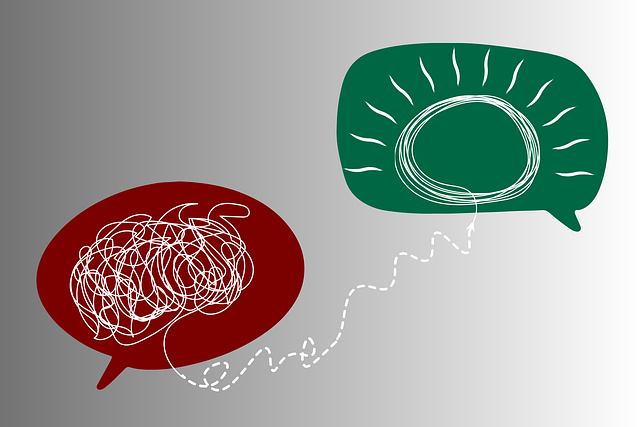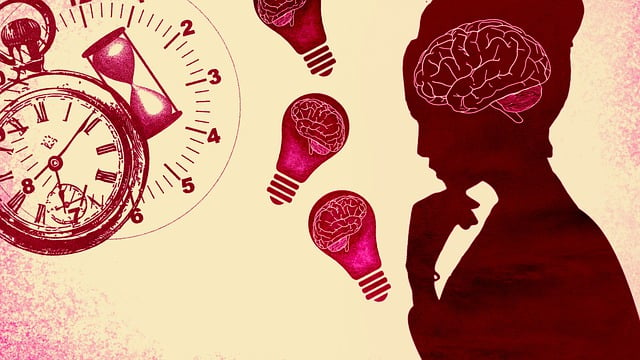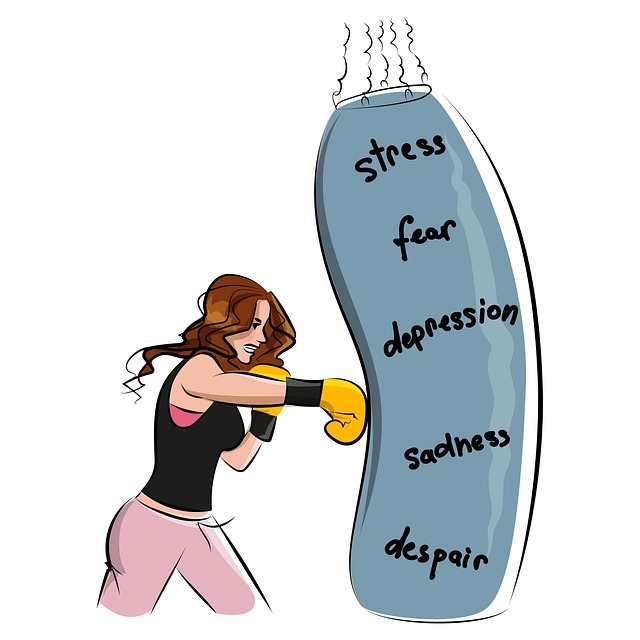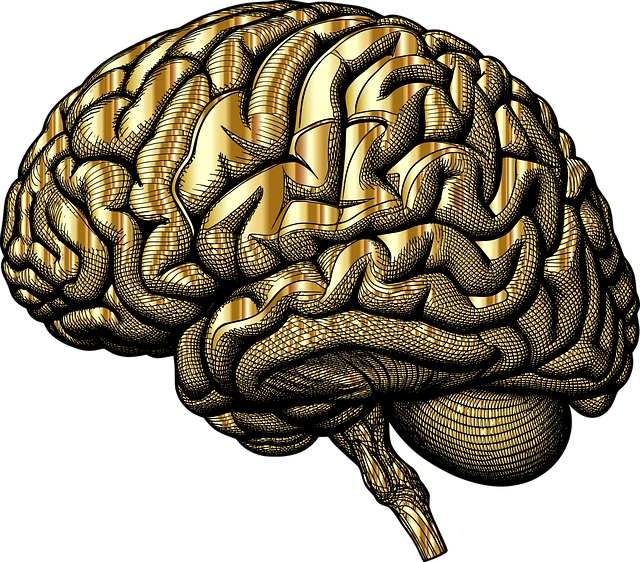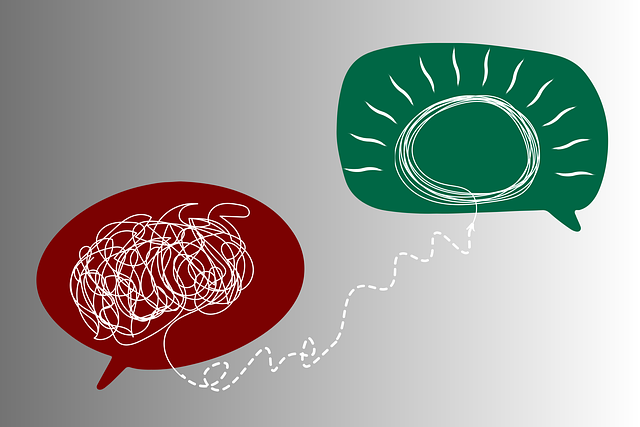Lone Tree Mindfulness Therapy offers specialized trauma support services, addressing complex mental health impacts of accidents, violence, and adversity. Through safe emotional exploration, they guide individuals in processing traumatic experiences using practices like Mental Wellness Journaling Exercise to improve self-esteem and resilience. Their accessible online platforms remove geographical barriers, empowering anyone, anywhere, to heal with CBT, mindfulness, and group support for holistic emotional restoration.
Trauma can have profound, lasting effects on individuals and communities. In response, trauma support services have emerged as vital tools for healing and resilience. This article explores the multifaceted landscape of trauma care, focusing on the specific contributions of Lone Tree Mindfulness Therapy. We delve into understanding trauma’s impact, examining its role in fostering recovery, and highlighting the importance of accessible support services. By examining these aspects, we aim to emphasize how approaches like Lone Tree Mindfulness Therapy contribute to a more holistic healing process.
- Understanding Trauma and Its Impact
- The Role of Lone Tree Mindfulness Therapy
- Accessing and Delivering Support Services
- Fostering Healing and Resilience
Understanding Trauma and Its Impact

Trauma is a complex and profound experience that can have lasting effects on an individual’s mental health and overall well-being. It stems from diverse circumstances, such as accidents, violence, or prolonged adversity, leaving individuals with varied emotional responses. At Lone Tree Mindfulness Therapy, we recognize that trauma doesn’t simply disappear; it requires specialized care to heal. Understanding its impact is a crucial step in accessing effective support.
When someone experiences trauma, their mind and body often go into a heightened state of arousal, triggering a range of symptoms like anxiety, flashbacks, or avoidance behaviors. Over time, these can lead to more severe mental health issues if left unaddressed. Our trauma support services aim to provide a safe space for individuals to process these experiences. By incorporating practices such as Mental Wellness Journaling Exercise Guidance, we empower clients to develop self-esteem improvement strategies and foster resilience, ultimately helping them reclaim their lives and find peace.
The Role of Lone Tree Mindfulness Therapy

Lone Tree Mindfulness Therapy plays a pivotal role in trauma support services by offering a unique and effective approach to healing. This therapy focuses on enhancing self-awareness through exercises designed to calm the mind and reduce stress. By fostering an environment where individuals can safely explore their emotions, Lone Tree Mindfulness provides a much-needed sanctuary from the challenges of daily life.
The organization’s expertise in crisis intervention guidance is particularly valuable for trauma survivors. Their structured workshops equip participants with practical tools to manage stress and navigate triggers effectively. This proactive approach not only empowers individuals to take control of their well-being but also promotes resilience, enabling them to face life’s hurdles with greater ease.
Accessing and Delivering Support Services

Accessing support services for trauma recovery is a vital step towards healing and restoration. Many individuals, especially those in remote areas or facing social barriers, may find it challenging to connect with appropriate resources. This is where innovative solutions like Lone Tree Mindfulness Therapy play a transformative role. By offering accessible therapy options, often via online platforms, this service removes geographical constraints, ensuring that anyone, regardless of their location, can receive the care they need.
The delivery of support services should focus on creating safe and non-judgmental spaces, fostering trust and encouraging individuals to share their experiences. Incorporating various therapeutic approaches, such as cognitive behavioural therapy (CBT), mindfulness practices, and group support sessions, enables a holistic understanding of trauma healing. These methods promote positive thinking, stress management, and emotional healing processes, ultimately empowering individuals to rebuild their lives and cultivate resilience.
Fostering Healing and Resilience

Trauma support services, such as those offered by Lone Tree Mindfulness Therapy, play a pivotal role in fostering healing and resilience among individuals who have experienced traumatic events. Through specialized therapies and techniques like mindfulness, these services help people develop emotional regulation skills, enabling them to manage intense feelings and navigate their daily lives with greater ease. By addressing the root causes of trauma, individuals can begin to rebuild their sense of safety and trust, laying the foundation for long-lasting inner strength development.
The process of healing is unique for everyone, but with consistent support and guidance from trained professionals, it becomes possible to transform traumatic experiences into opportunities for growth. Lone Tree Mindfulness Therapy’s approach focuses on empowering individuals to cultivate mindfulness, a practice that encourages present-moment awareness and non-judgmental acceptance. This, in turn, facilitates the processing of past traumas while promoting a deeper connection with one’s inner self, ultimately fostering resilience and a renewed sense of well-being.
Trauma support services play a vital role in fostering healing and resilience among individuals who have experienced profound emotional distress. As discussed, understanding trauma is essential to providing effective care. Lone Tree Mindfulness Therapy offers a unique approach, helping clients navigate their feelings through mindfulness practices. By improving access to such therapeutic methods, we can revolutionize trauma support, enabling individuals to heal and lead fulfilling lives. This article highlights the importance of these services in today’s world, where fostering mental well-being is more critical than ever.

